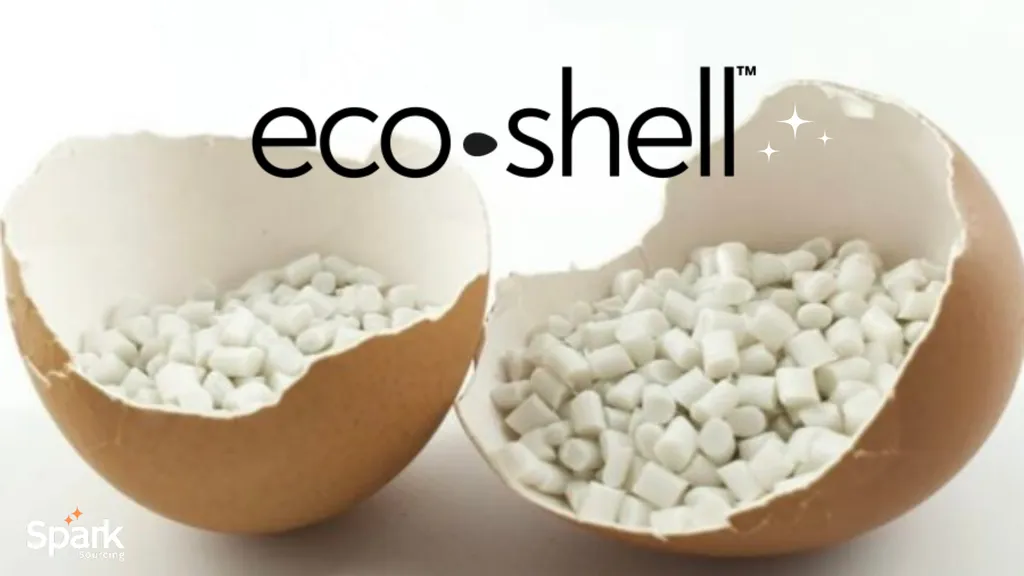In a world grappling with the environmental toll of plastic waste, researchers are turning to an unlikely hero: eggshells. A recent study published in the *Journal of Agriculture and Food Research* (translated from French as *Journal of Agricultural and Food Research*) explores how eggshell waste can be transformed into a sustainable reinforcement for biodegradable packaging materials. This innovation could revolutionize the packaging industry, offering a solution that is both eco-friendly and commercially viable.
The research, led by Amel Gacem from the Department of Physics at the University of Skikda in Algeria, delves into the potential of eggshells to enhance the properties of bioplastics. “Eggshells are rich in calcium carbonate, a material that can significantly improve the mechanical strength, thermal stability, and barrier properties of bioplastics,” Gacem explains. This is a game-changer for an industry that has long struggled with the limitations of biodegradable materials.
Plastics have dominated the packaging sector for decades, but their environmental impact has become increasingly untenable. Governments and industries are now shifting toward sustainable alternatives to meet regulatory demands and consumer expectations. However, bioplastics often fall short in terms of durability and low permeability, limiting their use in advanced packaging applications.
Enter eggshell waste. Each year, millions of tons of eggshells are discarded, ending up in landfills and contributing to environmental pollution. Gacem’s research highlights how these waste materials can be repurposed as fillers in bioplastics, transforming them into functional materials like powders, nanoparticles, and derivatives such as calcium oxide, calcium chloride, and calcium carbonate. “By incorporating eggshell-derived materials into biopolymers like polylactic acid (PLA) and polyvinyl alcohol (PVA), we can create packaging materials that are not only biodegradable but also robust and durable,” Gacem notes.
The commercial implications of this research are profound. The packaging industry is a multi-billion-dollar sector, and the demand for sustainable solutions is growing rapidly. By leveraging eggshell waste, companies can reduce their environmental footprint while also tapping into a cost-effective and abundant resource. This innovation aligns with the United Nations’ Sustainable Development Goal 12, which aims to ensure sustainable consumption and production patterns.
However, the journey toward widespread adoption is not without challenges. Gacem acknowledges issues such as compatibility between eggshell-derived materials and biopolymers, scalability, and the need for optimized processing techniques. “While the potential is immense, we must address these obstacles to make this technology commercially viable,” she says.
The research published in the *Journal of Agriculture and Food Research* offers a glimpse into a future where waste is not just discarded but valorized into valuable resources. As the packaging industry continues to evolve, innovations like these will play a crucial role in shaping a more sustainable and circular economy. The commercial impact could be substantial, offering new opportunities for businesses to lead the way in eco-friendly packaging solutions.
In the quest for sustainable alternatives, eggshells may just be the unassuming hero the packaging industry has been waiting for. As Gacem’s research demonstrates, the key to a greener future lies in the most unexpected places.

